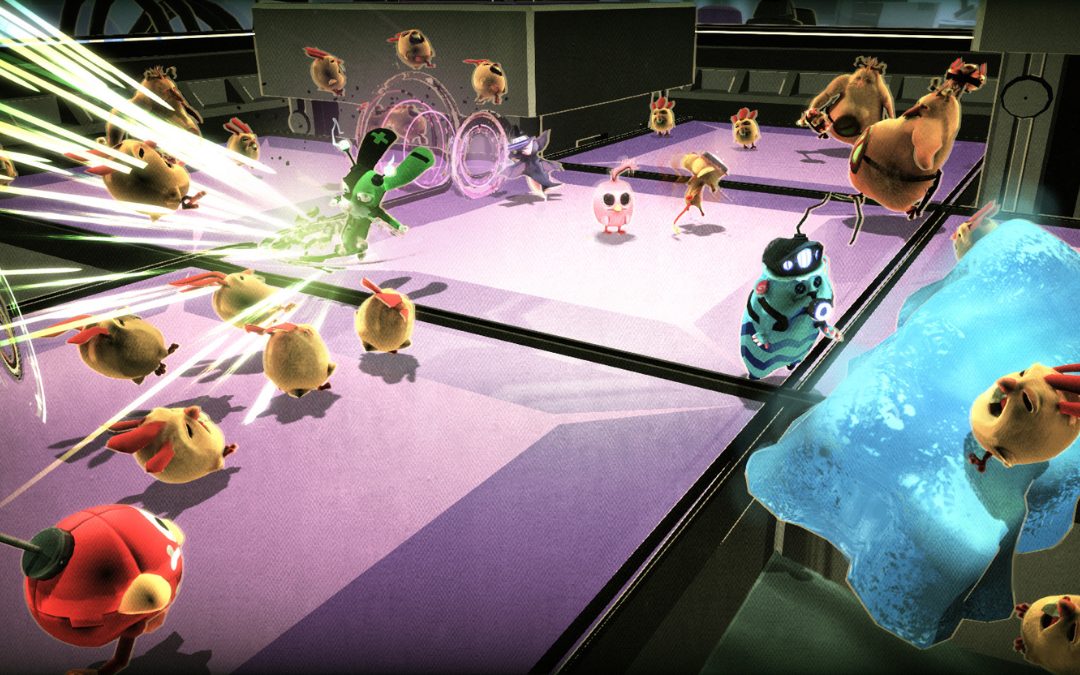Dishbrain may sound like a taunt from the playground, but it is the name researchers gave a new biocybernetic brain that performs well in the traditional arcade game Pong.
On specialized computer chips known as multielectrode arrays, scientists grew cortical neurons in mice and humans. These chips were then linked to a computer running a condensed version of Pong.
In an effort to stop a ball from geometrically bouncing about the area, the “player” might move one paddle up and down on the left border of the screen.
Depending on how well or poorly the task went, the chip delivered different feedback to the neuron clusters, which gradually improved and kept the ball bouncing longer.
The team tested several feedback systems under the direction of Cortical Labs’ Brett J. Kagan, a pioneer in biological computing. When the system delivered random stimuli as a result of the chip brains failing to stop the ball, learning was maximized.
Playing Pong effectively serves as a free energy-minimizing solution, the researchers claim in their report. “When faced with uncertain sensorium,” they write. In other words, it appears that neurons detest uncertainty, which we may exploit to teach them video games.
Sagi Eppel, a researcher at the University of Toronto who focuses on machine learning and computer vision but wasn’t part of the research, said that the results are “both frightening and amazing.”
The results, he says, “can inspire new types of algorithms to train artificial neural nets” because many artificial intelligence techniques already draw inspiration from the brain.
From these modest beginnings, practical synthetic biological intelligence systems like these could soon surpass all-silicon AI in usefulness because living biological systems are capable of adapting and evolving, according to Kagan and his collaborators.
For the sake of comparison, it took almost 20 years from the release of the first Pong sequels with an AI opponent option and the defeat of human Garry Kasparov by IBM’s Deep Blue supercomputer.
One reassuring finding from the study is available from Newscripts if the thought of intelligent, sentient machines makes you question if mankind will continue to rule the planet: At Pong, human cell lines frequently outscored mouse cell lines.


